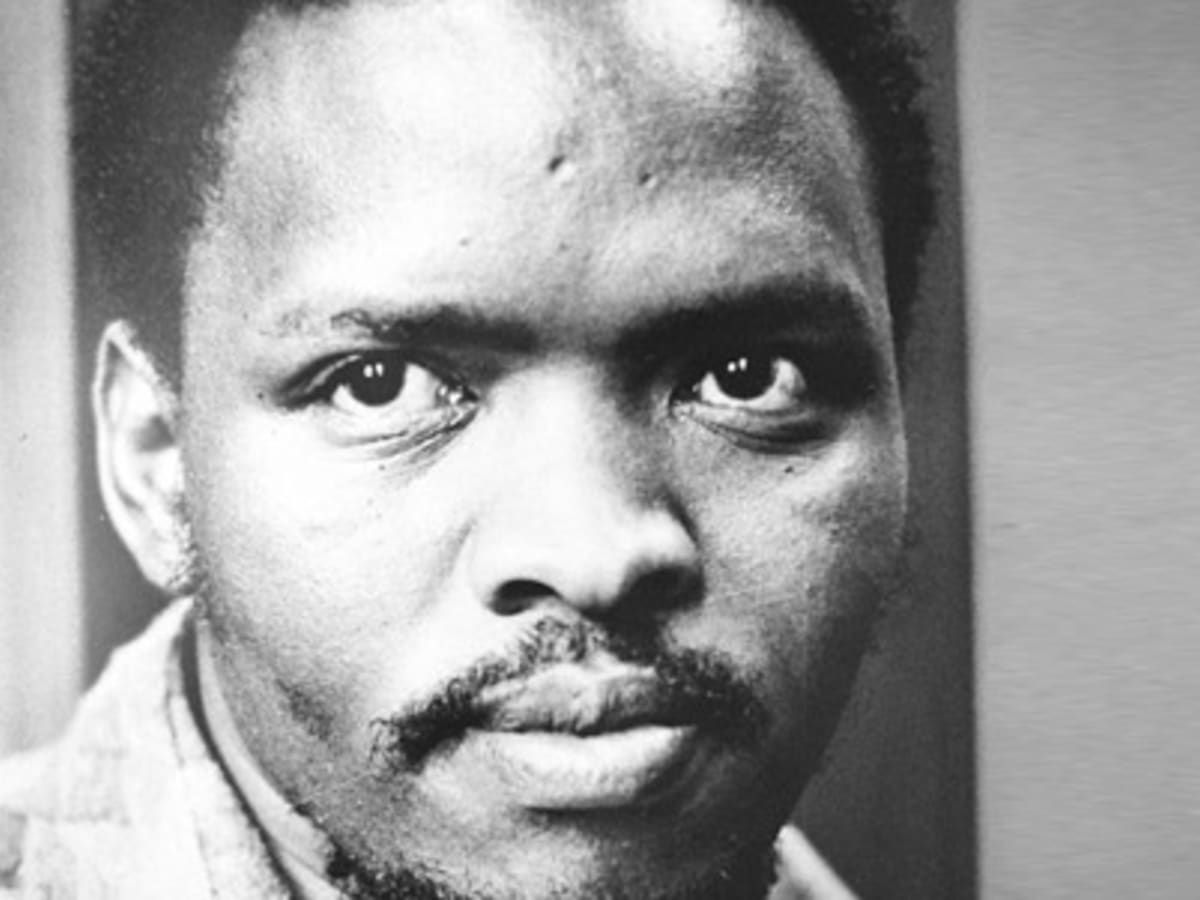South African freedom fighter who was murdered at the age of 30: Who is Steve Biko?
People's leader fighting against apartheid in the Republic of South Africa, founder of the Black Consciousness Movement.

(1946-1977) South African political leader. He is the pioneer of the Black Consciousness Movement. He was born in King Williams Town, South Africa. His father was a civil servant, and his mother was a maid for white families. Opposition to racism was largely suppressed and political work was banned in the period following the 1960 police shooting of 72 people in Sharpeville, killing blacks. Biko's older brother was also arrested during the police arrest campaign in 1963. Largely for this reason, Biko was expelled from the Lovedaletting School, where he was studying, after a while, he went to the liberal-leaning Catholic St. Francis College. In his secondary school years, he was under the influence of those who advocated the realization of an integrated society in which various races lived together.
Bantu Stephen Biko (18 December 1946 – 12 September 1977) was a South African anti-apartheid activist. Ideologically an African nationalist and African socialist, he was at the forefront of a grassroots anti-apartheid campaign known as the Black Consciousness Movement during the late 1960s and 1970s. His ideas were articulated in a series of articles published under the pseudonym Frank Talk.
He entered the University of Natal School of Medicine in 1966. Shortly after, he was elected to the Student Representative Council and became a member of the National Union of South African Students-NUSAS. The majority of the union's members and directors were white students at liberal English-speaking universities and had long fought against racism. Black students also saw unity as the only means of struggle.
After working in NUSAS for a while, Biko began to see the drawbacks of fighting in organizations with people from different races. Whites were telling blacks how to behave towards whites. This was a big contradiction. According to Biko, blacks had to find the solution now. They had to unite them and break off relations with the white liberals in the first place. Acting in this direction, Biko founded the South African Student Organization-SASO in 1968 together with those who think like him. The organization was based on the "Black Consciousness" that formed the core of Biko's thinking. The importance of the organization stemmed from the fact that it started a new era in South Africa in terms of blacks claiming their own cause alone. According to Biko, being aware of being black, being proud of it, and adopting and keeping the lifestyle and values alive would be the first and most important step in the South African liberation struggle. Before political emancipation, intellectual emancipation was necessary.
SASO soon spread among black youth. He started to carry on an active struggle at the Black People's Convention (BPC), which was established in line with the same principles. Biko became honorary president of the congress.
The South African administration, which could not grasp the importance of the Black Consciousness Movement at first, started to use various methods of intimidation after it began to see that this movement was a threat to the racist white minority. In 1973, all of Biko's political work was banned and he was forced to reside in King Williams Town. With this method of punishment, which was widely used in South Africa, the exile was only allowed to meet with two people, all communication opportunities were restricted, and writing was prohibited.
In the days following Mozambique's independence from Portugal in 1974, SASO and BPC held demonstrations of solidarity. Despite the ban imposed by the government, the police intervened in the demonstrations. Most members of SASO and BPC were arrested and prosecuted on the basis of the Terrorism Act in 1976 for committing illegal acts to endanger the republic and overthrow the state. Biko was summoned to court as a witness. He saw the court as a tool through which he could be heard for the first time in nearly three years. He was faced with a contradictory situation because his uncompromising expression of his thoughts could lead to severe punishments for his friends on trial. He talked about the Black Consciousness Movement for four and a half days in court. All the defendants were found guilty and sentenced to heavy penalties. Biko, on the other hand, was taken from the court and taken to the detention center by the Internal Security Police. He died on September 12, 1977, after six days of torture. Despite the obstacles of the police, thousands of people attended his funeral, and 13 Western countries sent diplomatic representatives.
After his death, all publications about Biko were banned. Journalist Donald Woods, who wrote about his life, was sentenced to exile, like Biko, and was banned from writing. The book he had secretly prepared was smuggled out of South Africa and published.
